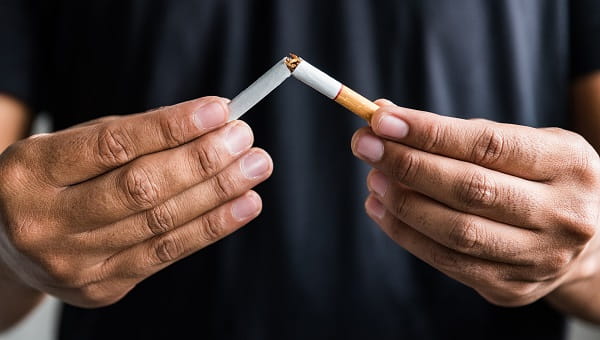Detect Cancer Early
Talk to your physician about what screenings are right for you.

Talk to your physician about what screenings are right for you.
Your primary care doctor is the first point of contact in your health care journey. By helping you navigate annual screenings and physicals, your doctor provides comprehensive care with prevention, early detection, and coordination of specialized treatment.
Even when you feel healthy, it is important to get checked for cancer regularly. Regular screening tests help detect cancers like breast, lung, cervical and colorectal (colon) early when treatment is likely to work best. Depending on your family history and lifestyle, the frequency and when you should begin preventive screening may vary. Work with your primary care physician to determine which screenings and the timing of screenings are right for you.
Your best chance for preventing cancer is by maintaining your health, which can be categorized in 3 main ways:
BayCare is committed to providing comprehensive care to you and your family by offering many locations, so you're never far from the care you need. Our primary care physicians (PCP) offer doctor-patient relationships built on trust, commitment, and expert care. Because of their commitment, your health care provider can identify health issues early by encouraging cancer screenings and advice on how to reduce your risk of cancer. Learn more.



